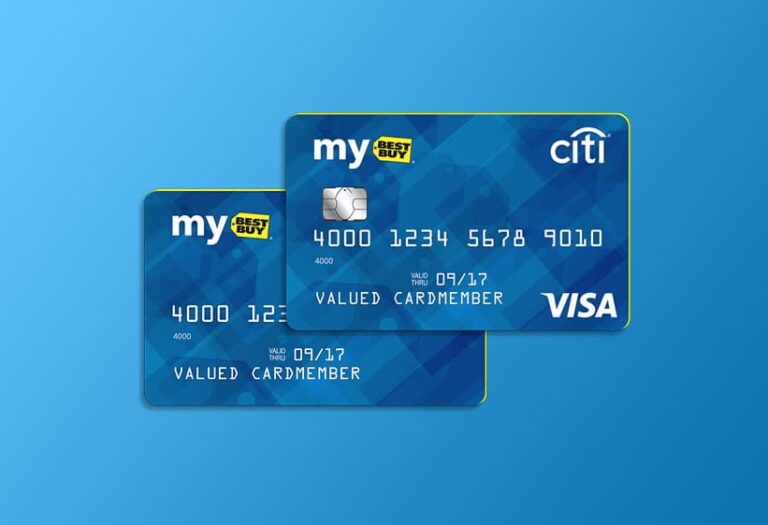Understanding your credit score is crucial when it comes to managing your finances and making informed decisions about credit cards.
Credit score ranges play a significant role in determining your eligibility for different types of credit cards.
In this article, we will delve into the concept of credit score ranges, explore why it’s essential to choose a card based on your credit score and discuss key factors to consider during the credit card selection process.
What are Credit Score Ranges?
Credit score ranges are numerical ranges that categorize individuals’ creditworthiness based on their credit history and financial behavior.
The most commonly used credit scoring models in the United States are FICO® Score and VantageScore®.
These models assign credit scores within a specific range that helps lenders assess the risk associated with extending credit to individuals.
The FICO® Score ranges from 300 to 850, with the following categories:
- Excellent Credit: 800-850
- Very Good Credit: 740-799
- Good Credit: 670-739
- Fair Credit: 580-669
- Poor Credit: 300-579
VantageScore® ranges from 300 to 850 as well, with similar credit score categories.
Credit score ranges are numerical ranges that categorize individuals’ creditworthiness based on their credit history and financial behavior.
The most commonly used credit scoring models in the United States are FICO® Score and VantageScore®.
These models assign credit scores within a specific range that helps lenders assess the risk associated with extending credit to individuals.
You Should Choose a Card Based on Your Credit Score: Here’s Why
Selecting a credit card that aligns with your credit score is crucial for a variety of reasons:
Access to Better Terms and Benefits
Credit cards tailored to specific credit score ranges often come with better terms and benefits.
Lenders design credit cards with features such as rewards programs, low-interest rates, and waived annual fees to attract customers with good to excellent credit scores.
By choosing a card that matches your credit score range, you can take advantage of these favorable terms and enjoy the maximum benefits available to you.
Higher Approval Odds
When you apply for a credit card within your credit score range, you have a higher likelihood of approval.
Lenders typically set specific credit score thresholds for their card offerings.
Applying for a credit card aligned with your credit score range increases your chances of being approved, compared to applying for a card designed for individuals with higher credit scores.
Building or Rebuilding Credit
If you have a limited credit history or a lower credit score, selecting a card specifically designed for individuals in your credit score range can be an excellent opportunity to build or rebuild your credit.
These cards often have features such as secured credit limits, lower credit requirements, or credit-building programs.
Responsible use of these cards can help you establish a positive credit history and improve your credit score over time.
Things to Keep in Mind When Selecting Your Credit Card
While considering your credit score is essential, there are additional factors to keep in mind when selecting a credit card:
Annual Fees and Interest Rates
Evaluate the card’s annual fees and interest rates to ensure they align with your financial situation and budget.
High annual fees can outweigh the benefits provided by the card, while high-interest rates can lead to significant costs if you carry a balance from month to month.
Rewards and Benefits
Consider the rewards and benefits offered by the card, such as cashback, travel rewards, or points programs.
Determine which features are most valuable to you based on your spending habits and lifestyle.
Additional Fees and Charges
Review the card’s terms and conditions for any additional fees or charges, such as balance transfer fees, foreign transaction fees, or late payment fees.
Understanding these costs upfront will help you make an informed decision.
Customer Service and Cardholder Support
Research the credit card issuer’s reputation for customer service and cardholder support.
A responsive and helpful customer service team can make a significant difference in your credit card experience, especially when you have questions or encounter issues.
How Do Credit Scores Work?
Credit scores are calculated based on various factors, including payment history, credit utilization, length of credit history, types of credit used, and recent credit inquiries.
Payment history and credit utilization have a substantial impact on credit scores.
Making payments on time and keeping credit utilization low can positively influence your credit score over time.
Regularly monitoring your credit report and addressing any errors or discrepancies is also essential for maintaining a healthy credit profile.
Understanding credit score ranges are crucial when selecting a credit card that suits your financial situation and goals.
By choosing a card within your credit score range, you can access better terms, increase your approval odds, and build or rebuild your credit.
Additionally, considering factors such as fees, rewards, customer service, and overall cardholder benefits is essential in making an informed decision.
Remember to regularly review your credit score and credit report to track your progress and ensure accuracy.
With careful consideration and informed choices, you can select a credit card that aligns with your credit score and financial needs, empowering you to make the most of your financial journey.


